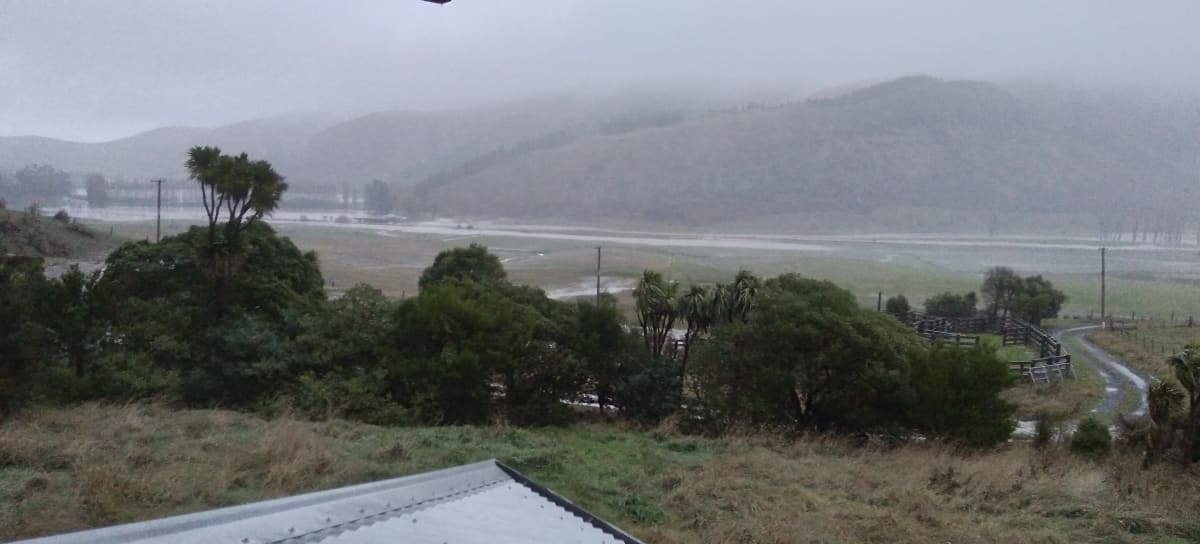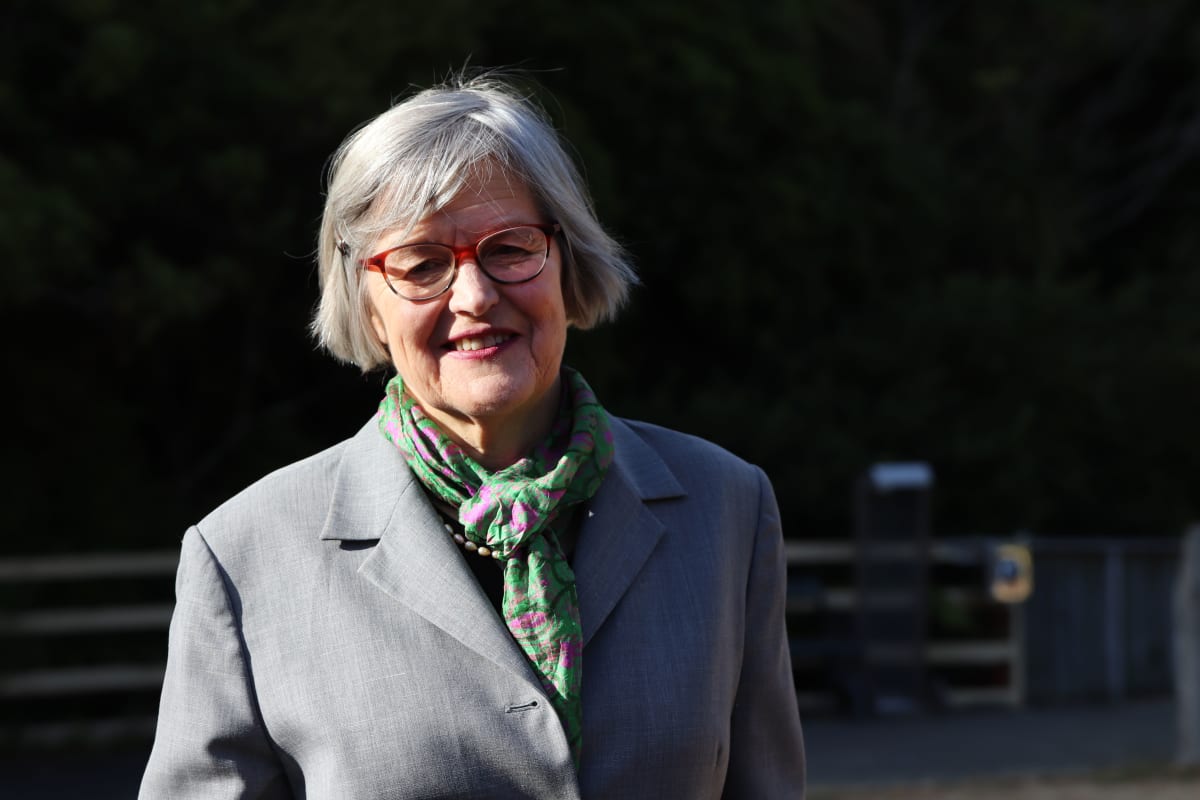
A small Canterbury community claims victory after a David and Goliath battle. David Williams reports.
Plans to build a cattle feedlot in a tiny Canterbury valley, near one of the country’s most polluted lakes, have been pulled.
Farm company Wongan Hills had been granted Christchurch City Council consent to build massive composting barns in Kaituna Valley, about 3.4km from the edge of Te Waihora/Lake Ellesmere, an internationally renowned area for migratory wader bird species.
READ MORE: * Flood risk casts shadow over feedlot plans * Green MP joins fight against feedlot
Further consents were sought from the regional council, ECan, which, late last year, decided to have the applications publicly notified over the “potential for water ingress into the barns”.
Submissions closed in March, and a hearing was pencilled in for next month.
Now, ECan has advised submitters that Wongan Hills, owned by Brent Thomas, had withdrawn the applications.
ECan’s updated website said yesterday: “Wongan Hills Ltd has withdrawn its applications for a land-use consent and a discharge permit to discharge odour, for the operation of up to four composting barns/feedlots in Kaituna Valley.”
“It is a win.” – Donald Matheson of Little River Eco Collective
Tomm Stanley, who lives about 800m from the proposed site, says he’s pleased.
“I’m standing in my living room right now looking out, and I can see where they were going to be.”
Wongan Hills wanted to build four barns, each up to 240m-long, to house up to 2200 cattle, not far from the Kaituna River, which drains into Te Waihora. The city council initially granted non-notified consent for two barns to be built, covering 24,330m², despite district plan rules stating the maximum building footprint was 300m².
Stanley, a management consultant who’s originally from Florida, United States, bought his house in 1996. He runs about 40 cattle himself, and reckons he’s planted 20,000-odd native trees on his 72-hectare property.
“From an environmental point of view, I strongly oppose the idea of having an industrial farming complex on the other side of the valley from where I’m trying to do this native reforestation thing.”
Stanley’s not sure why the consents have been pulled. Economics might be behind it, he surmises.
But given Wongan Hills owns land on the Canterbury Plains, he suspects the sheds might end up being built there – further from Te Waihora, and with less local opposition.

Two petitions garnered thousands of signatures against the feedlot plan, while an online fundraiser for opposition group Little River Eco Collective, to pay for experts at a hearing, raised $7500. (Little River is about 19km from the proposed barn site.)
“It is a win,” Donald Matheson, of the Eco Collective, says of the consents’ withdrawal.
“We were up against a company that had huge resources.”
Wongan Hills owner made a $12 million gain on the sale of a Kaitorete farm to the Crown, which marked the end of a years-long battle after the controversial clearance of a rare and threatened shrub.
Matheson says the key moment in the battle against the feedlot was when ECan decided to notify the consents.
More than 100 submissions – most in opposition – were made, with themes such as flooding risk, impact on Te Waihora and animal welfare.
“It’s restored faith in the system,” Matheson says. “It is a win for the environment. Te Waihora really needs looking after; it’s in a really perilous state.”
The Eco Collective plans to write to the city council about its decision to grant consents for the barn proposal. Matheson says it was problematic, given the lack of notification, the enormous size of the buildings, and the flood-prone location.
“That shouldn’t happen in Kaituna – but other places, it shouldn’t happen as well.”

Green MP Eugenie Sage says the city council needs to review its planning processes, after consenting the barns without working with ECan. She also believes ECan’s regional plan should be revised to better recognise the importance and vulnerability of Te Waihora, and the rivers and streams feeding into it.
“An intensive feedlot so close to Te Waihora should be prohibited under any sensible plan because of the pollution burden it creates on waterways.”
The lake, the country’s fifth-largest, has been protected by a water conservation order since 1990.
Yet its water quality is poor, with elevated concentrations of nutrients, and poor water clarity. The presence of toxic blue-green algae – “a thick surface scum” – has led to public health warnings for people, and animals, especially dogs, to avoid the water.
Sage says the consents’ withdrawal by Wongan Hills “is a victory for the community and their strong advocacy”.
From an ECan report last year, it was clear Wairewa Rūnanga had concerns.
“The information provided has not satisfied the concerns held by their kaitiakitanga representatives on the inherent uncertainty and potential risks to waterways from the proposed system.”
Regarding flood risks, a letter written to ECan in August last year by Wongan Hills’ consultants Lowe Environmental Impact, said the barns were “above a 200-year flood level by 185mm, 335mm, 485mm and 635mm at the finished entrance levels”.
Consenting work identified flood water could surround the barns, but not enter them, the letter said. “The design of the barn mitigates the potential for flooding from the Kaituna River to enter the buildings and compost.”
It’s not clear exactly why the consents were withdrawn as Thomas couldn’t be reached for comment yesterday.







